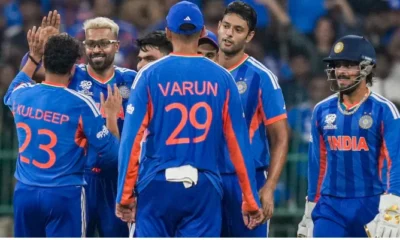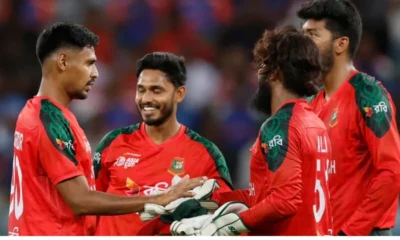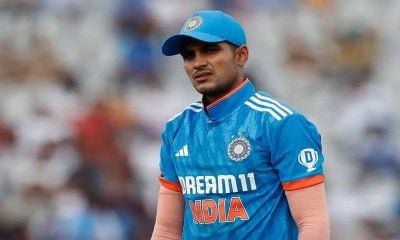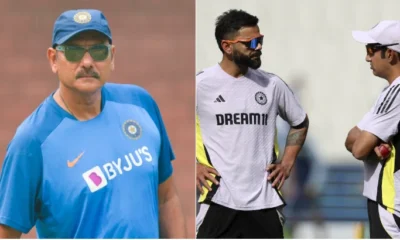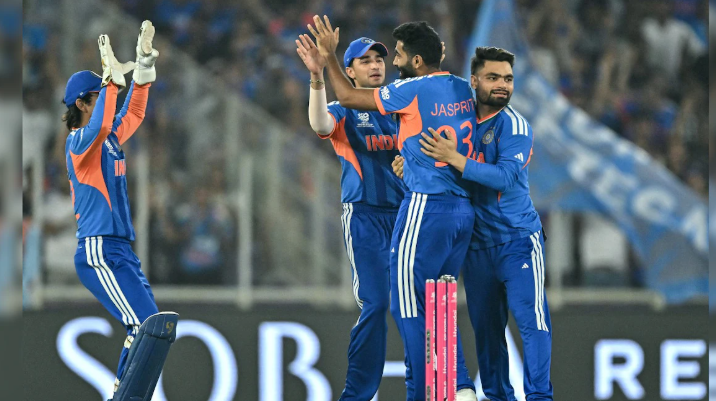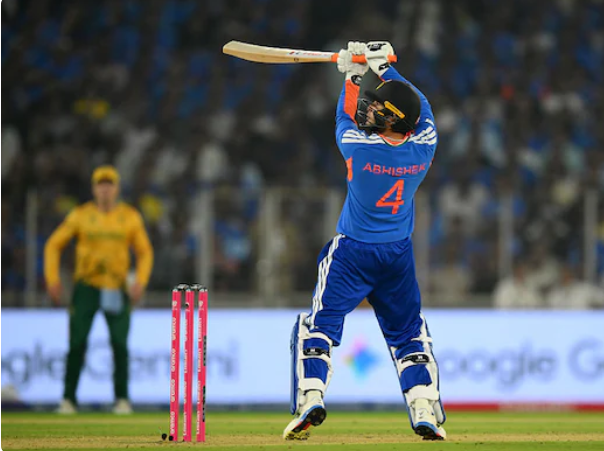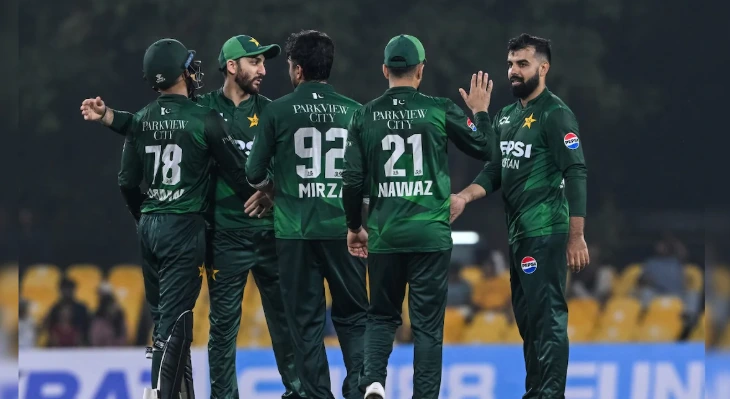LATEST SPORTS NEWS
BCCI to pay women cricketers on par with men, Jay Shah makes announcement
The men’s and women’s professional games in India have never been integrated under a single master agreement.

Cricket news
Rinku Singh returns home from T20 World Cup camp due to family emergency
Rinku Singh has flown back home from the T20 World Cup camp after his father’s health deteriorated. Team management is yet to confirm his return.
LATEST SPORTS NEWS
ICC Men’s T20 World Cup 2026: South Africa outclass India with smart slower-ball strategy in Super 8
South Africa registered a commanding 76-run win over India in the T20 World Cup 2026 Super 8 match, using disciplined slower deliveries and a key Miller-Brevis partnership.
Cricket news
Shadab Khan lands in trouble after ‘we’ve beaten India’ remark, PCB issues warning: Report
Shadab Khan has reportedly been advised by the PCB to mind his language after his remarks on former players following Pakistan’s loss to India stirred controversy.
-

 India News18 hours ago
India News18 hours agoMK Stalin predicts frequent PM Modi visits to Tamil Nadu before assembly election
-

 Latest world news18 hours ago
Latest world news18 hours agoIndia eyes Rs 8,000 crore mid-air refuelling aircraft deal as PM Modi begins Israel visit
-

 Latest world news4 hours ago
Latest world news4 hours agoPM Modi reaffirms support for Israel, recalls 26/11 victims in Knesset address
-

 Latest world news4 hours ago
Latest world news4 hours agoCanada softens stance on alleged Indian interference ahead of PM Carney’s India visit
-

 India News4 hours ago
India News4 hours agoPM Modi crosses 100 million followers on Instagram, first world leader to achieve milestone
-

 Latest world news4 hours ago
Latest world news4 hours agoPM Modi and Netanyahu pledge deeper defence, trade ties during Israel visit
-

 India News3 hours ago
India News3 hours agoOver 5,000 tribals join BJP in Assam’s Goalpara ahead of elections

